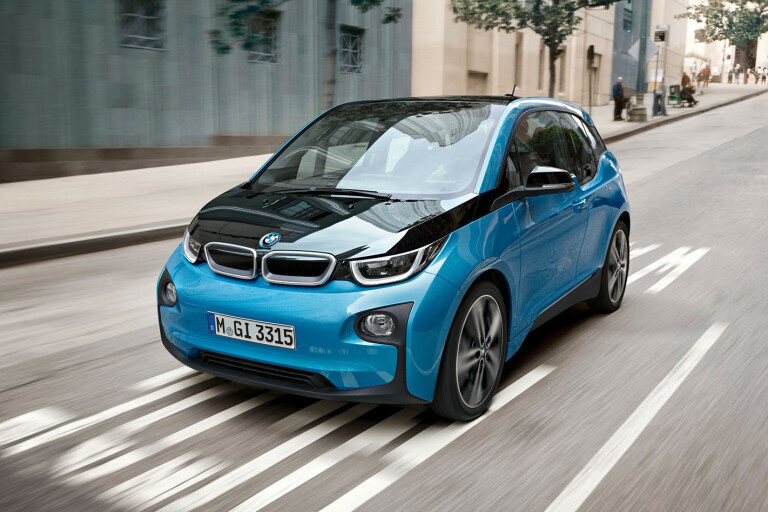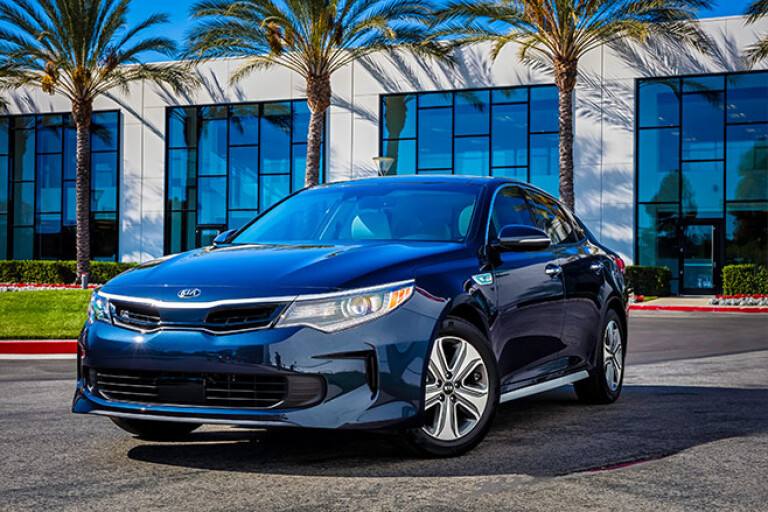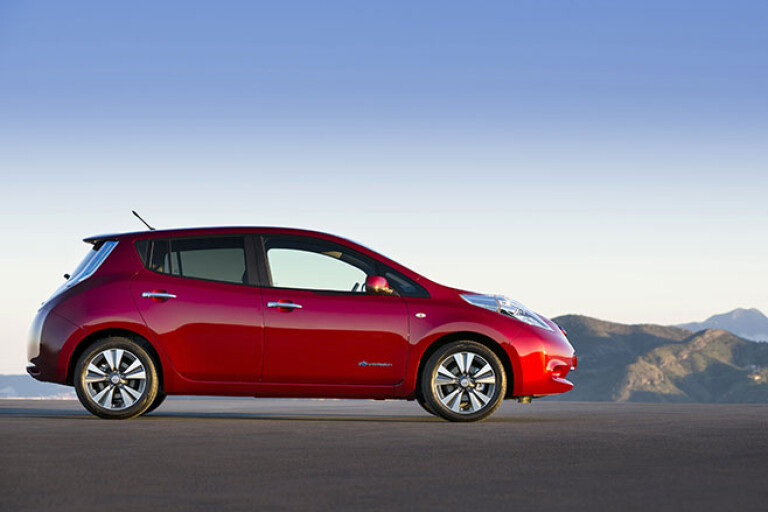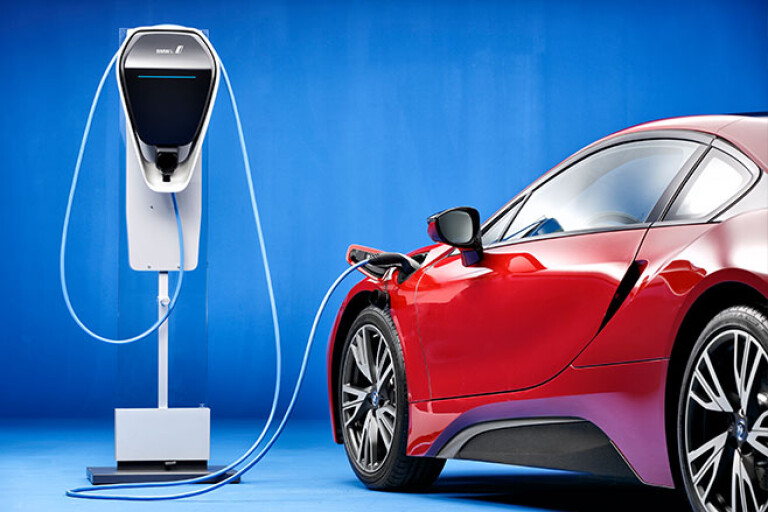
Private buyers are deserting electric and hybrid vehicles as Australia continues to trail other western countries when it comes to retail incentives.
The latest official figures for the Australian new car market reveal that private year-to-date sales of electric vehicles (EVs) fell 75 per cent compared with August 2015, while private hybrid sales dropped 17 per cent for the same period.
The overall EV segment also plummeted – to 179 units – albeit from a relatively low base of just 639 units.
Overall hybrid sales actually increased from 8232 to 8464 units, though this three per cent rise was driven by a 13 per cent lift in government and fleet purchases.
The entire family of the world’s most famous hybrid, the Toyota Prius, is also struggling. Year-on-year sales show significant sales decreases for the regular Prius which is down by 20 percent), Prius C city car (-27 percent) and Prius V people-mover (-20 percent).

BMW’s 2014 Wheels Car of the Year, the i3, is also down 43 per cent, and Nissan’s electric car, the Leaf, is down 58 per cent.
BMW Australia told Wheels magazine earlier in 2016 that is has been continuing to lobby politicians to take action to incentivise environmentally friendly vehicles.
“We’ve been extremely active for at least 18 months in terms of speaking to government departments – federal, state, local,” said BMW Australia’s general manager of corporate communications, Lenore Fletcher.
“It’s something that’s an ongoing and very strong activity within BMW.
“We’re not asking for huge incentives, but if you look at European or USA models, the fact that Australia has nothing in place is quite distressing.
“We need to see the government have some say in what is going to happen going forward, to encourage consumer awareness. If we can get the government on board, talking about this outwardly, saying that it’s a good thing to be sustainable, it will definitely grow.”
BMW is among a number of luxury car brands introducing a new wave of plug-in hybrid vehicles.

Mercedes-Benz, Audi and Volvo are also launching models that offer varying electric-only range from an electric motor that can be recharged via power outlets.
The models also employ a conventional internal combustion engine, which combines with the electric motor for all-round performance and also eradicates ‘range anxiety’ – the fear of running out of battery power.
When Mercedes-Benz Australia announced in 2015 it would introduce a range of plug-in hybrids, corporate communications manager Jerry Stamoulis acknowledged it would need to be patient regarding sales of the most fuel-efficient variants of its C-Class and S-Class sedans, and GLE SUV.
“This is a long-term strategy for us; this will be our future,” Stamoulis said. “Once government incentives catch up, once infrastructure catches up, we’ll be ready with the best possible product in the market.”
And Korean brand Kia has blamed Australia’s lack of incentives for its reluctance to sell a new range of hybrids in this country.

The International Council on Clean Transportation (ICCT) wrote in a white paper, published in May 2016, that: “Substantial fiscal incentives are the most important driver of EV uptake. Countries and cities with high fiscal incentives have been more successful at transitioning to electric mobility.”
The UK, numerous European countries and the US have all been pro-active in developing incentive schemes for EVs and hybrids.
The UK has extended its Plug-In Car Grant until 2020, this year changing to a tiered system that offered up to 4500 (about $7600) for a vehicle with CO2 emissions below 50 grams per kilometre and a zero-emissions range capability of at least 70 miles (113km).
And California, the most progressive – and even aggressive – of the US’s 52 states when it comes to environmental action, operates the Clean Vehicle Rebate Project.
The scheme provides rebates up to US$5000 for the purchase or lease of the cleanest vehicles. $1500 is available for plug-in hybrid models such as the Audi A3 e-tron, $2500 for battery electric models such as the i3 and Tesla Model S, with the maximum $5000 offered for hydrogen vehicles such as the Hyundai Tucson Fuel Cell.
There are no signs, however, that Australia is close to catching up with other parts of the world.
Only two of Australia’s eight states offer any semblance of an incentive for EVs or hybrids. Victoria offers a token $100 saving on its $284.70 annual vehicle registration fee, while the ACT is slightly more generous – waiving stamp duty on any vehicle that produces less than 130 grams of CO2 per kilometre.


COMMENTS